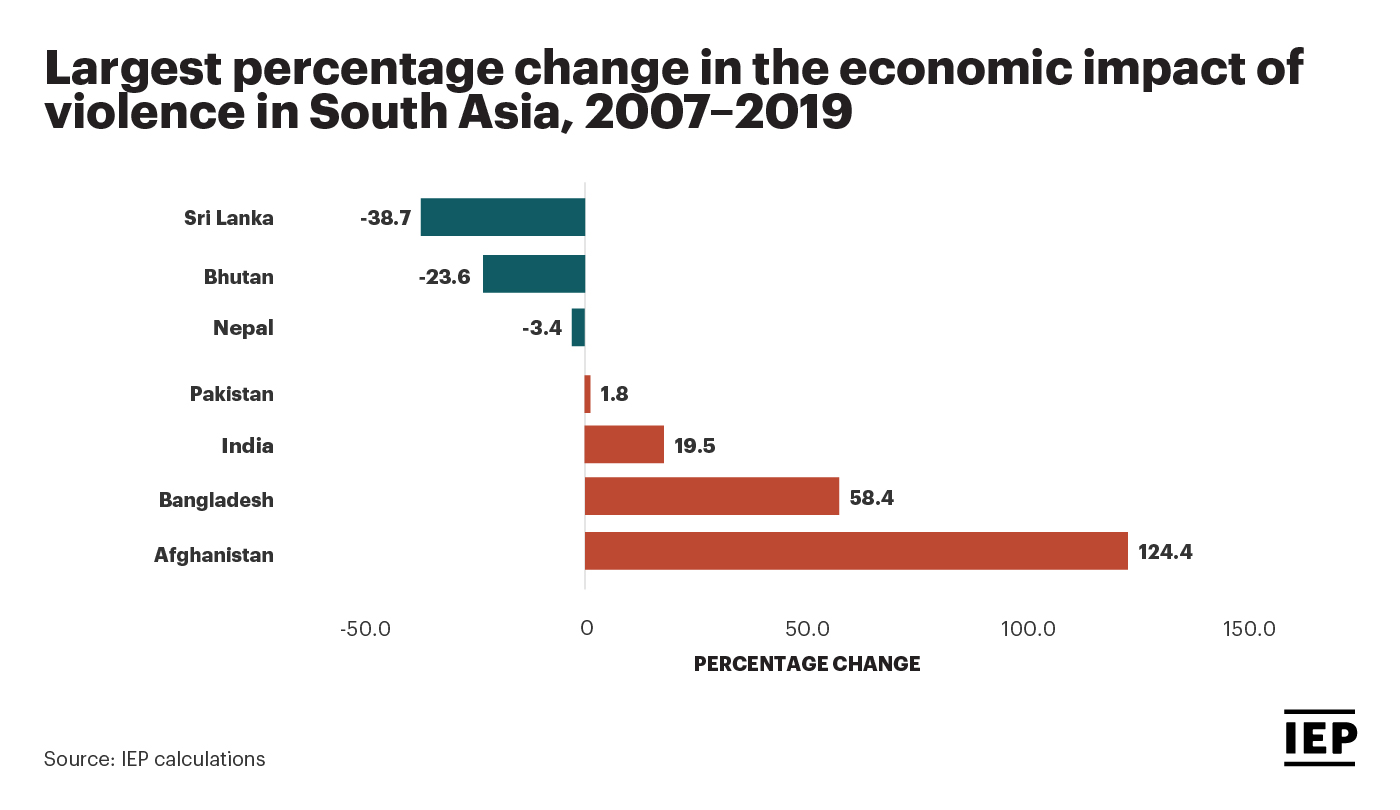Navigating Economic Conflict Impact: Strategies for Stability


Navigating Economic Conflict Impact: Strategies for Stability
Economic conflicts, whether on a global or regional scale, can have profound effects on nations and their citizens. This article delves into the impact of economic conflicts and explores strategies for maintaining stability in the face of such challenges.
Understanding Economic Conflict:
Economic conflicts arise from disputes over trade, resources, or economic policies between nations. These conflicts can manifest through trade barriers, sanctions, or currency fluctuations. Understanding the root causes and dynamics is crucial for navigating their impact.
Trade Disruptions and Market Volatility:
One immediate impact of economic conflict is trade disruptions. Tariffs, trade restrictions, or embargoes can lead to market volatility, affecting businesses and industries. Navigating these disruptions requires adaptive strategies for businesses to maintain stability amid uncertainty.
Currency Fluctuations and Monetary Challenges:
Economic conflicts often result in currency fluctuations, impacting exchange rates and monetary stability. Businesses engaged in international trade must contend with the challenges of fluctuating currencies, affecting pricing, profits, and financial planning.
Impact on Global Supply Chains:
Global supply chains are intricately connected, and economic conflicts can disrupt the smooth flow of goods and services. Industries heavily reliant on international sourcing must strategize to diversify supply chains, minimize risks, and enhance resilience.
Inflationary Pressures and Consumer Impact:
Economic conflicts can contribute to inflationary pressures, affecting the cost of goods and services. This, in turn, impacts consumers’ purchasing power. Governments and businesses need to address inflation concerns and implement measures to shield consumers from the adverse effects.
Diplomacy and Negotiation Strategies:
Diplomacy and negotiation play a central role in mitigating the impact of economic conflicts. Nations engaged in disputes can seek diplomatic solutions, negotiate trade agreements, and participate in international forums to address economic grievances collaboratively.
Diversification of Economic Policies:
Countries facing economic conflict can benefit from diversifying their economic policies. Relying on a range of economic activities, including technology, services, and agriculture, reduces vulnerability to the impacts of conflicts in specific sectors.
Investment in Innovation and Technological Resilience:
Innovation and technological resilience are essential components of navigating economic conflicts. Investing in research and development, fostering a culture of innovation, and adopting advanced technologies enhance a nation’s ability to adapt and thrive despite economic challenges Economic Conflict Impact.
Collaboration with International Institutions:
Engaging with international institutions such as the International Monetary Fund (IMF) and the World Trade Organization (WTO) provides countries with avenues for support and guidance during economic conflicts. Collaboration fosters a unified global response to mitigate the broader impacts.
Public Awareness and Preparedness:
Educating the public about the potential impact of economic conflicts is crucial. Governments and businesses should communicate effectively to raise awareness, manage expectations, and prepare citizens and stakeholders for potential economic challenges.
In conclusion, navigating the impact of economic conflicts requires a multifaceted approach. Countries and businesses must employ diplomatic strategies, diversify economic policies, invest in innovation, and collaborate on the international stage. To explore more about strategies for stability amid economic conflict impact, visit https://goldengamblearena.my.id/









